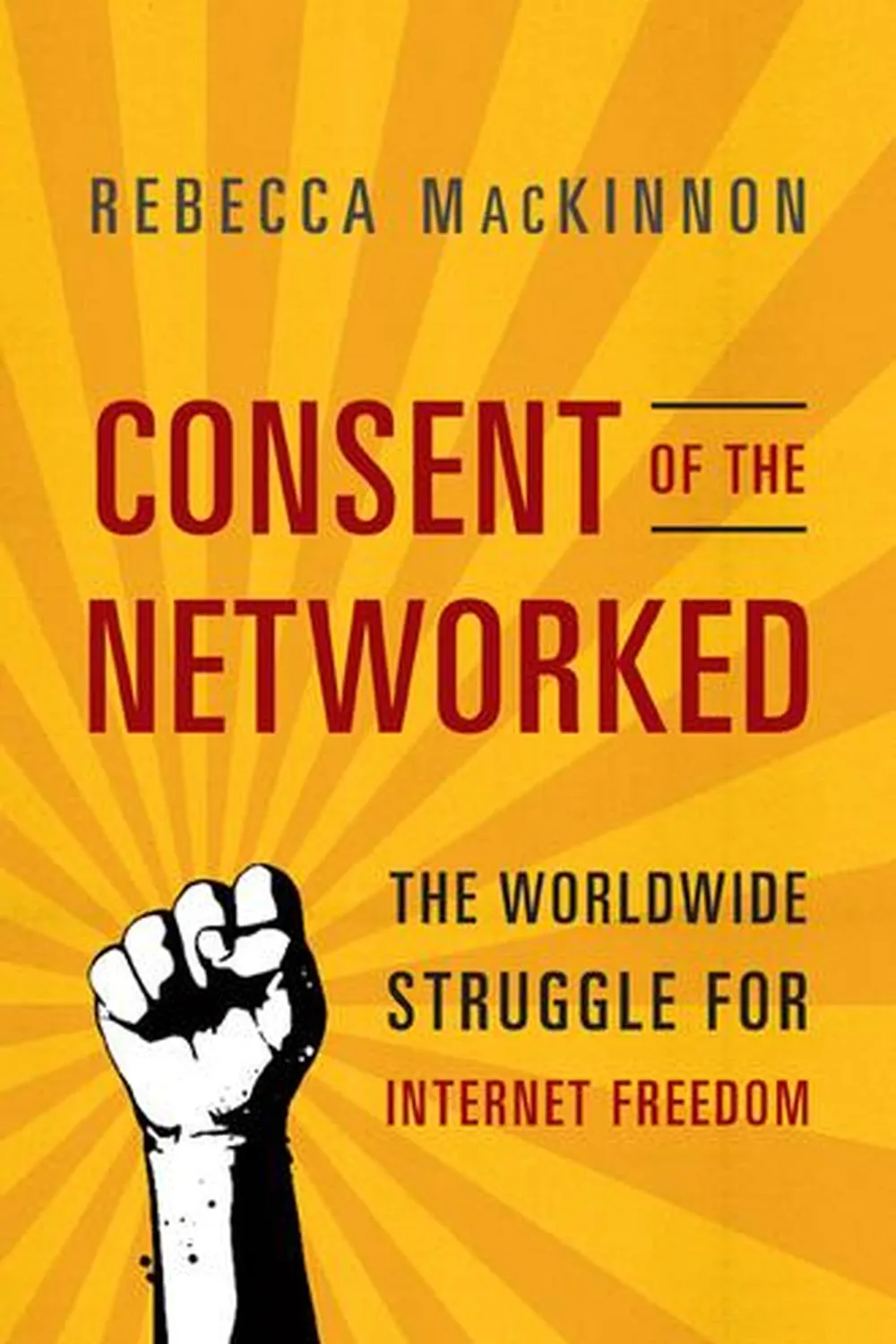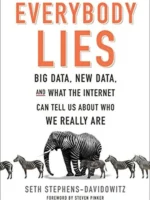Consent of the Networked: The Worldwide Struggle for Internet Freedom Review
Consent of the Networked by Rebecca MacKinnon documents global battles over online rights: censorship, surveillance, platform power, and the civic responses that defend users. It’s comparative politics for the internet age.
Overview
Cases span authoritarian control, democratic overreach, platform takedowns, corporate responsibility, and civil society coalitions. Frameworks include multi-stakeholder governance, due process online, and transparency/accountability for both states and firms.
Summary
MacKinnon shows how sovereignty, business incentives, and technical design intersect: filtering and blocking, data demands, private terms of service as quasi-law. She argues for “networked accountability”: rights-respecting standards, transparency reports, and user participation in rule making.
Authors
Rebecca MacKinnon is a journalist–scholar with on-the-ground expertise in global internet policy. The narrative blends reporting with normative analysis.
Key Themes
Rights vs control; platforms as private governors; transparency and due process; global, not just U.S., lens.
Strengths and Weaknesses
Strengths: concrete cross-country cases and actionable governance ideas. Weaknesses: fast-changing tech specifics date; implementation politics are hard. Principles endure.
Target Audience
Policy makers, activists, platform trust & safety teams, journalists, and technologists working on rights-respecting systems.
Favorite Ideas
Networked accountability; user rights charters; transparency reporting as baseline duty.
Takeaways
Freedom online needs institutions: clear rules, transparency, appeal paths, and multi-stakeholder oversight. Build these into platforms and policy from the start.









